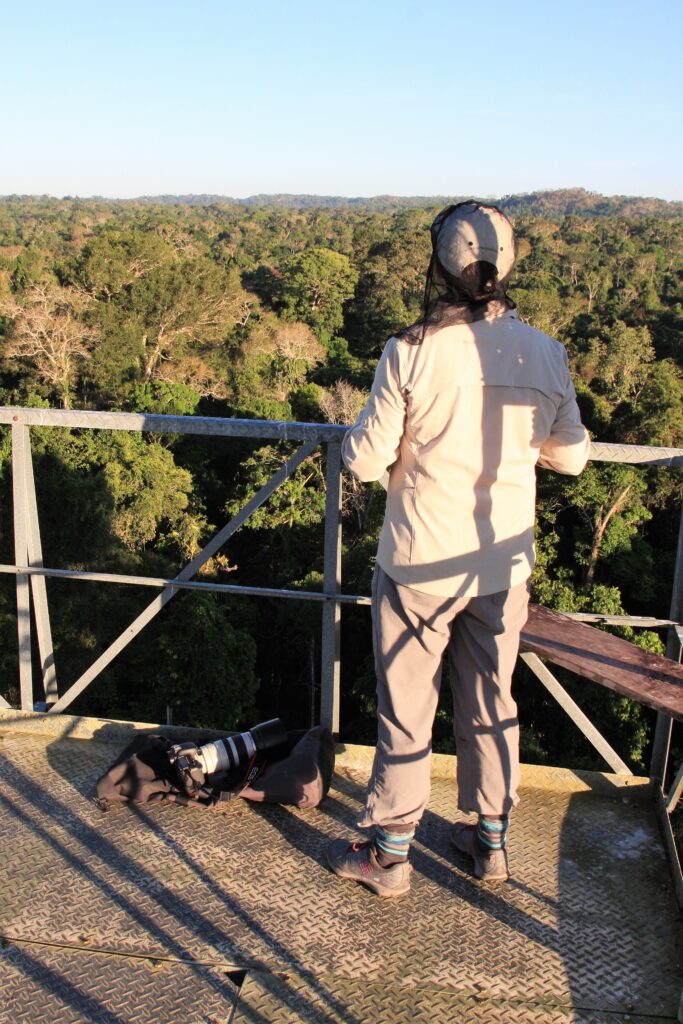by Margy MacMillan
Mount Royal University Library

Part of my retirement preparation has been to dispose of mountains of paper – articles, reports, illegible notes, etc. Skimming the articles, most on research in information literacy, I noticed a trend. The reason I noticed this trend in the library literature was because of a trend in current SoTL (Scholarship of Teaching and Learning) work that has made me question a lot of my practices. A major theme in SoTL now is “students-as-partners”:
“Students as partners goes beyond the student voice and involves students as co-creators, co-researchers, co-teachers, co-producers and co-designers in learning and teaching.”
– McMaster Students as Partners Summer Institute https://macblog.mcmaster.ca/summer-institute/about-students-as-partners/
The aspect of the trend I find most interesting is having the students involved in generating the questions. In other words – doing research with students, rather than to students. Interesting thought . . . and certainly easily transferable to other communities, public library settings, etc.
The trend I noticed in the library literature in my piles and files, as you’ve probably guessed, was an almost complete lack of research based on questions generated by library users as co-inquirers. This may, of course, be more reflective of what I’ve been searching and reading than the actual state of library literature, so I want to be clear, I am more questioning my own work than the field in general. So:
What kind of questions would the people who use our libraries like to ask?
What kinds of questions would the people who DON’T use our libraries like to ask?
Think about it. And then think about this:
What kind of agency would it grant members of our communities to ask them to develop questions?
Would it change how members of our communities feel about their library?
If I was at the start of my professional career instead of at the end, or if I could time travel back and do it all over, this is how I’d like to approach evidence-based practice.
There is growing evidence of the benefits of a students-as-partners approach for both the students and the other researchers (see below for starting points). There are also strong parallels to these benefits, especially around diversifying research questions and creating agency, in the more established literatures of participatory research, community-engaged scholarship, and other approaches that are what Helen Kara (2015) describes as transformative methodological frameworks. In Creative Research Methods in the Social Sciences: A Practical Guide, she includes many examples of projects using feminist, decolonized, emancipatory, and participatory methodologies that serve as a rich source of ideas for the kind of work we could be doing more of. A common feature of transformative practice is “a move from oppressive to egalitarian practices, thereby supporting a wider shift from oppressive to egalitarian societies” (p. 39). I highly recommend this book, especially for those of you engaged in the #critlib discussions, as I think it bridges critical library practice and research.
Applying some of the perspectives from critical theory to our research practices as well as to other aspects of our work may seem a daunting task. Researchers risk exposure, the often solitary rewards of spending time with the literature to answer your own questions may be lost in work with others. This may be even more the case in work with people outside of academia or the profession, who may not share the same language, research conventions, or agreed ‘standards’. But wouldn’t the resulting possibilities and perspectives be worth it for libraries? Wouldn’t the greater involvement be worth it for our communities?

Some references and starting points….
Bell, A. (2016). Students as co-inquirers in Australian higher education: Opportunities and challenges. Teaching & Learning Inquiry, 4(2), 1-10. doi:http://dx.doi.org/10.20343/teachlearninqu.4.2.8 This is part of a theme issue on students as co-inquirers in SoTL – http://tlijournal.com/tli/index.php/TLI/issue/view/15
Kara, H. (2015). Creative research methods in the social sciences: A practical guide. Bristol, UK: Policy Press.
Light, A., Egglestone, P., Wakeford, T., & Rogers, J. (2011). Participant-making: Bridging the gulf between community knowledge and academic research. The Journal Of Community Informatics, 7(3). Retrieved from http://ci-journal.net/index.php/ciej/article/view/804/808
Marquis, E., Puri, V., Wan, S., Ahmad, A., Goff, L., Knorr, K., Vassileva, I., & Woo, J. (2016). Navigating the threshold of student–staff partnerships: a case study from an Ontario teaching and learning institute. International Journal for Academic Development, 21(1), 4-15.
Matthews, K. (2017). University of Queensland Institute for Teaching and Learning Students as Partners site – http://itali.uq.edu.au/matthews-studentsaspartners
This article gives the views of the author and not necessarily the views the Centre for Evidence Based Library and Information Practice or the University Library, University of Saskatchewan.

